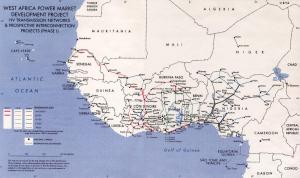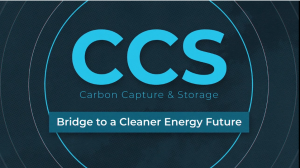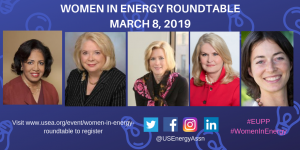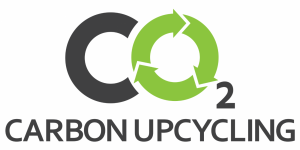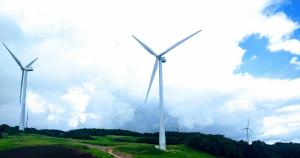May 16th, 2019
The International Energy Agency has established that carbon capture and storage (CCS) is a critical component in reducing greenhouse gas (GHG) emissions. The cost to capture CO2 has often been cited as a major impediment to the deployment of CCS. However, costs vary considerably across different industrial sectors. Significant opportunities for CCS deployment can be found in lower-cost sectors. In addition, research and development efforts are underway to substantially drive down costs in all sectors.
April 30th, 2019
A majority of power outages occur on electrical distribution systems, which affect a large swath of national economy and public health and wellbeing. Microgrids, due to their designed operations to enable continuous power delivery in the face of grid outages, have seen early adoption by local communities, commercial/industrial facilities, campuses and institutions, and utilities.
March 26th, 2019
Please join 22 heads of utilities and energy companies from West Africa as they discuss the future of energy in the region. The region of West Africa is home to diverse sources of energy, including hydropower and wind power, and over 350 million residents who depend upon a consistent energy supply for a growing population.
March 13th, 2019
As the annual motion picture awards season comes to a close, USEA welcomes you for a screening of the documentary "CCS: Bridge to a Cleaner Energy Future" which was underwritten by the International Brotherhood of Boilermakers (IBB) and produced to engage the global community in a conversation about the vital role carbon capture and storage (CCS) must play in mitigating climate change.
March 8th, 2019
Please join USEA on International Women's Day for our Women In Energy Roundtable.
The panel will discuss challenges and opportunities for women working in energy, how to ascend into leadership roles, education and career paths, overcoming obstacles, and how to increase diversity and gender balance within organizations and board rooms.
March 5th, 2019
UCLA's Dr. Gaurav N. Sant, Associate Professor, Henry Samueli Fellow, and Director of the Institute for Carbon Management, will present an approach for large scale utilization of carbon dioxide by the construction sector through carbon dioxide mineralization. Highlights of the presentation will include:
February 28th, 2019
This briefing will discuss how the Internet of Things (IoT) can help minimize investment risk and maximize the returns of future power generation of renewable projects in around the world. Mr. Schoklitsch will discuss ARISTOTELES, Kaiserwetter’s platform, which has just recently rolled out new functionalities based on smart data, as well as predictive data analytics (incl. power curve modeling, various temperature analysis, power production forecasts etc.).
February 13th, 2019
This briefing will discuss the key policies and lessons learned from Central American Power Markets. The authors, Juan A.B. Belt and Silvia Alvarado de Córdoba, will present their analysis of the power sector reforms that have taken place in Central America countries and will identify measures to increase the efficiency of the region’s power markets.
Pages

